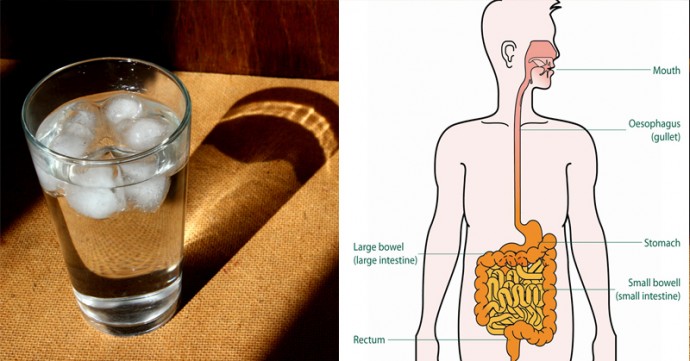 The colon is a vital part of a healthy, functioning body. It plays a role in digestion, in your immune system, and in maintaining the water balance in your body. The colon is the part of the large intestine extending from the cecum to the rectum. A colon that is not working properly will hold toxic waste longer than is good for you. An unhealthy colon is one that does not move the waste along efficiently enough. It results in this toxic waste being absorbed by the wall of the colon and into the bloodstream. For a healthy colon, it takes less than 24 hours for food to transit through our body. But with modern eating habits (processed food that lacks enzymes, fibers and nutrients) the transit time slows down to 70 hours. This results in a toxic colon and up to 30 pounds of accumulated waste.
The colon is a vital part of a healthy, functioning body. It plays a role in digestion, in your immune system, and in maintaining the water balance in your body. The colon is the part of the large intestine extending from the cecum to the rectum. A colon that is not working properly will hold toxic waste longer than is good for you. An unhealthy colon is one that does not move the waste along efficiently enough. It results in this toxic waste being absorbed by the wall of the colon and into the bloodstream. For a healthy colon, it takes less than 24 hours for food to transit through our body. But with modern eating habits (processed food that lacks enzymes, fibers and nutrients) the transit time slows down to 70 hours. This results in a toxic colon and up to 30 pounds of accumulated waste.
And the most common sign of having a toxic colon is a condition called constipation. Constipation occurs when waste materials move too slowly through the large bowel, resulting in infrequent and/or painful elimination.
Toxic colon Symptoms:
-Digestive symptoms
Constipation, bloating, diarrhea, gas, indigestion, stomach pain
-General health
Joint pain, muscle pain
-Behavioral symptoms
Depression, fatigue, anxiety, brain fog, mood swings, poor memory
-Immune system
Weak immune system, recurrent vaginal or bladder infections, skin rashes
Bernard Jensen DC, ND, PhD is one of the pioneers who used colon cleansing to improve a person’s quality of life. In his book, Tissue Cleansing Through Bowel Management, he explains the importance of colon cleansing: “the heavy mucus coating in the colon thickens and becomes a host of putrefication. The blood capillaries to the colon begin to pick up the toxins, poisons and noxious debris as it seeps through the bowel wall. All tissues and organs of the body are now taking on toxic substances. Here is the beginning of true autointoxication on a physiological level. This accumulation can have the consistency of truck tire rubber. It’s that hard and black.”
The Easiest Homemade Colon Cleanser
Master Cleanse is a 10-16 day cleansing program developed in 1940 by alternative health practitioner, Stanley Burroughs. In 1976, Burroughs presented his cleansing program to the world through a book titled The Master Cleanser.
Ingredients
(single serving):
-2 Tablespoons of organic lemon Juice (about 1/2 a Lemon)
-2 Tablespoons of Organic grade B maple syrup (not the commercial maple flavored syrup some use on pancakes) – you can find it here here
-1/10 Teaspoon Cayenne pepper powder
-Ten ounces of filtered water
Directions
Mix everything together. Drink this mixture 5 to 8 times per day for a minimum of 10 days.
Sources:
livingtraditionally
safecoloncleanse
healthyfoodhouse

